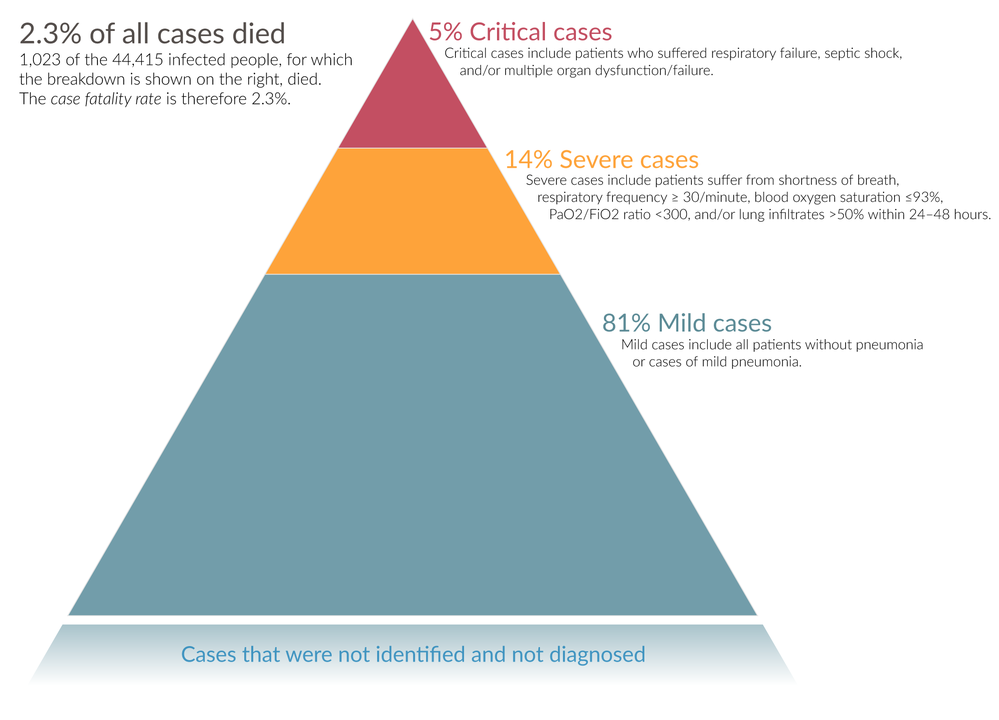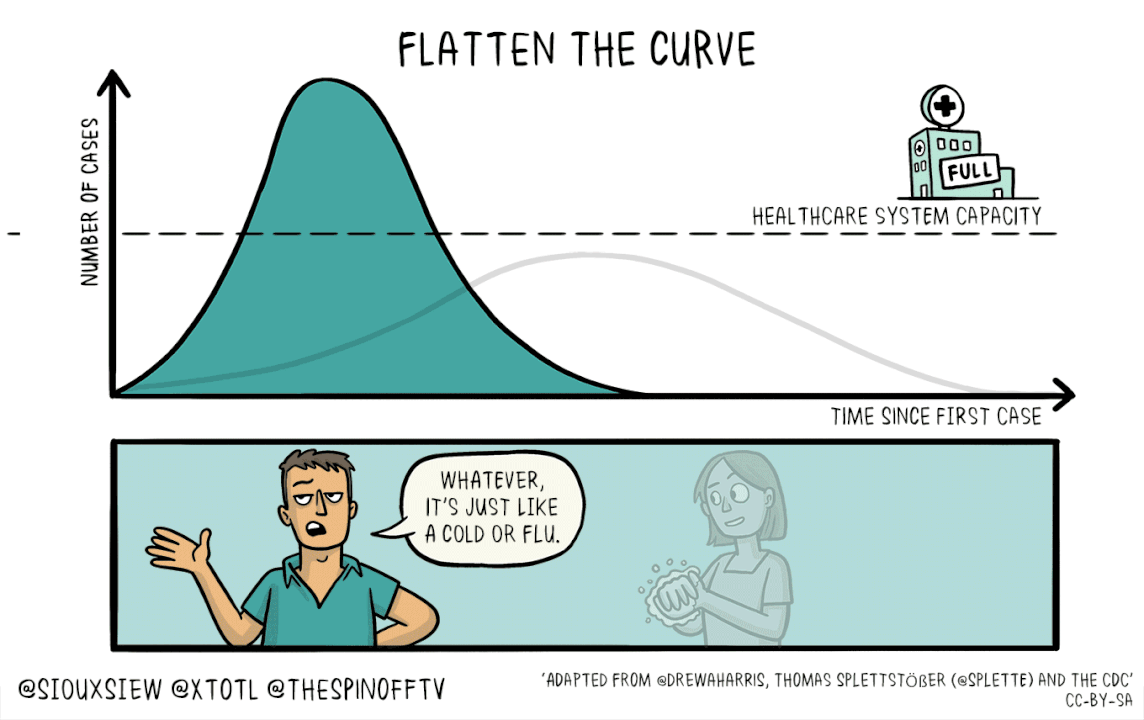As I’m writing this text Ireland is partially-locked down. Schools, colleges and childcare facilities are closed, as are all cultural institutions. Outdoor mass gatherings of above 500 people and indoor mass gatherings of above 100 people have been cancelled. Pubs have now shut their doors. All people are advised to reduce social interactions, keep a distance of 2 metres from each other and do not shake hands or make close contact with each other where possible. Most recently, all pubs have been asked to close until at least 29 March.
These measures were introduced to slow down the spread of Coronavirus, aka Covid-19, or more officially, the Coronavirus Disease 2019.
Where did it Covid-19 come from?
Covid-19 can be traced back to Wuhan, the capital of Hubei province, China where an unusually high number of pneumonia cases of unknown cause were recorded. Most of the cases could be linked to Huanan Market in Wuhan. Huanan Market is a wet market selling fresh fish, meat and also live animals including turtles, rats, beavers and bats. The virus that caused the outbreak was identified as SARS-CoV-2 -- a new type of virus but one that is closely resembling viruses found in bats. It is believed that the wet market in Wuhan is the place where the virus mutated into a form that is harmful to humans.
Covid-19 vs common flu
Covid-19 spreads in a way similar to the common flu, which means the infection occurs very easily through the air. An infected person can spread the disease before developing any symptoms, which include: cough, fever, shortness of breath, also fatigue, headaches, sore throat, aches and pains.
When trying to dismiss the potential impact of Covid-19 people often try to compare the fatality figures attributed to the Coronavirus with those of the common flu. In those cases people often forget the fact that we are in the early phases of the outbreak. What is most scary is how rapidly the outbreak has spread from Asia through to Europe and the rest of the world. In a recent appearance on the Joe Rogan Podcast, Michael Osterholm, an infectious-disease expert and an author of "Deadliest Enemy: Our War Against Killer Germs", predicts that the Coronavirus can be 10 to 15 times worse than a seasonal flu reaching 96,000,000 cases and 480,000 deaths worldwide. This is not something that we should take lightly.
How dangerous is the Coronavirus
There are currently 223 366 cases of Covid-19 confirmed in the Republic of Ireland. If those predictions turn out to be correct, Ireland may have to face close to 100,000 cases. This tells us that the worst may be yet to come.

The number of fatalities will depend on the capacity of the Health Service to provide the necessary help in severe and critical cases. Unfortunately, we have already seen the devastating effects of concentrated clusters of Covid-19 activity elsewhere in the world where the medical personnel are forced to make life-or-death decisions regarding the allocation of available resources. In terms of a vaccine, it will probably take at least another year before any vaccine against Covid-19 is developed and approved for use.

What can we do to slow down the spread of the virus
Current actions and restrictions imposed by the Irish government and governments all over the world are meant to keep the number of cases contained below the capacity of the Healthcare System and minimise the fatality rate. Cancelled events, travel restrictions, social distancing advice -- this is not an overreaction. In order to flatten the curve of the disease we need to understand the reasons behind it and adhere to the necessary measures.
It is clear by now that the Coronavirus crisis is very serious. It is an understatement to say that there will be difficulties ahead. Nevertheless I am certain that we will get through this.
In order to beat this virus we will need heroes of different sorts. I am talking about those on the frontlines: the doctors, the nurses and first responders.
I am also talking about those we don't normally consider heroes: the drivers, the shop assistants -- the unnamed many who make sure our fridges are stocked with fresh food.
Last but not least, I am talking about those people who diligently follow the Health Service guidelines and collectively help slow down the spread of the virus. Those who wash their hands, who sneeze into their elbows, who abide by the social distancing rules. Those who treat this seriously.
Yes, you and I, we can be heroes too.
